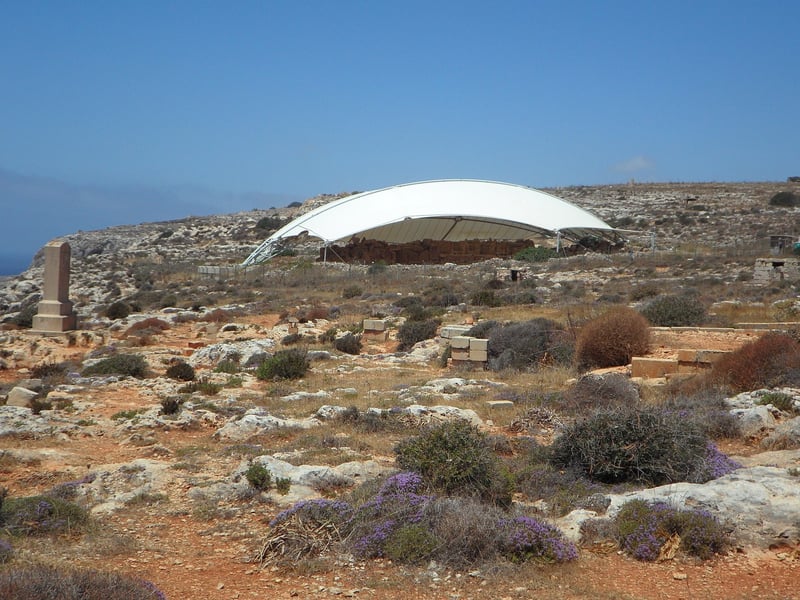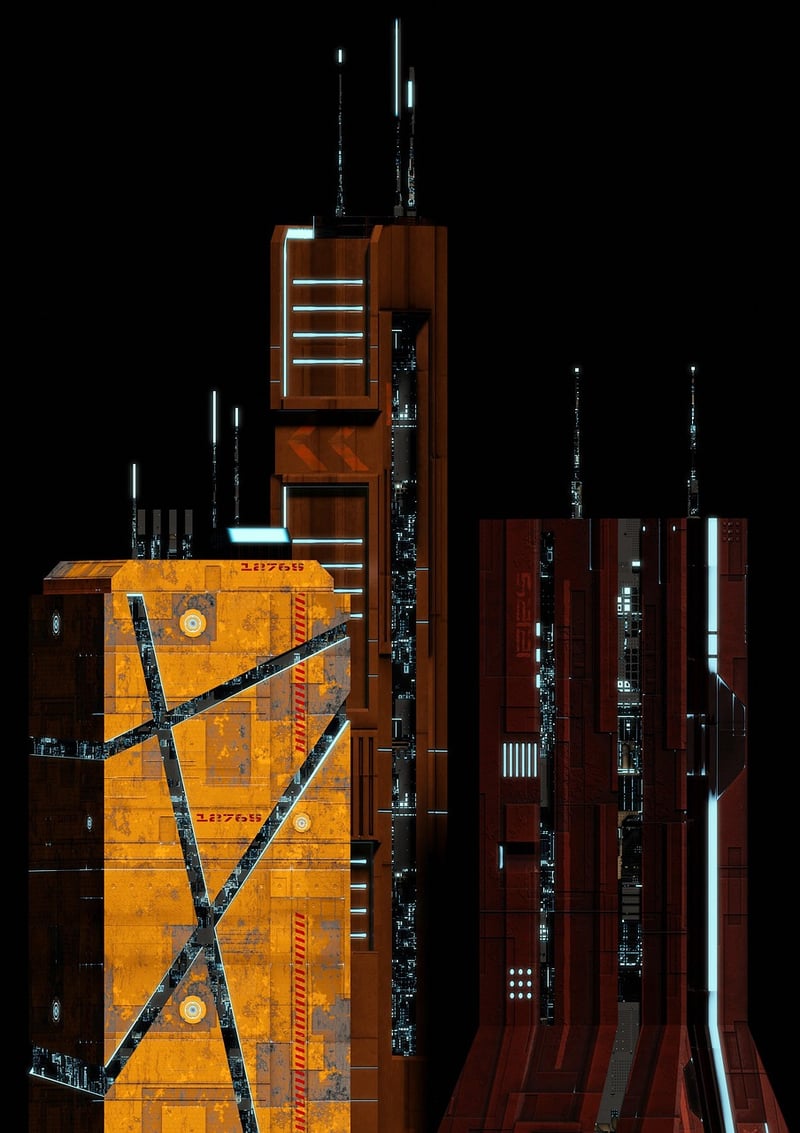Future Expeditions
Discovering Time Periods Through Exciting Expeditions

Embark on a thrilling journey through time by joining expeditions that uncover the mysteries of various historical periods. From ancient civilizations to more recent eras, these adventures offer a unique opportunity to delve into the past and experience history firsthand.
Ancient Civilizations
Travel back in time to explore the wonders of ancient civilizations such as the Egyptians, Greeks, and Romans. Participate in archaeological digs to unearth artifacts, temples, and tombs that reveal the rich heritage of these cultures. Walk in the footsteps of pharaohs, philosophers, and gladiators as you immerse yourself in the ancient world.
Medieval Times
Step into the medieval era and discover the castles, knights, and legends that define this period. Join expeditions to medieval sites across Europe and witness the remnants of feudal society. Explore dungeons, fortresses, and battlefields as you learn about chivalry, warfare, and the arts of the Middle Ages.
Age of Exploration
Relive the Age of Exploration by retracing the voyages of famous explorers such as Columbus, Magellan, and Cook. Sail the high seas on replica ships and visit the lands they discovered. Experience the thrill of discovery as you encounter new cultures, flora, and fauna in far-off lands.
Future Expeditions
Looking ahead, the future holds exciting opportunities for expeditions to unexplored frontiers. From space exploration to deep-sea diving, the next frontier beckons with mysteries waiting to be uncovered. Join cutting-edge expeditions that push the boundaries of human knowledge and take you to the brink of discovery.
Embark on a journey through time and explore the wonders of past civilizations and future frontiers. These expeditions offer a unique blend of adventure, discovery, and learning that will leave you with a newfound appreciation for the richness of human history and the endless possibilities of the future.
Are you ready to embark on your own expedition through time?

